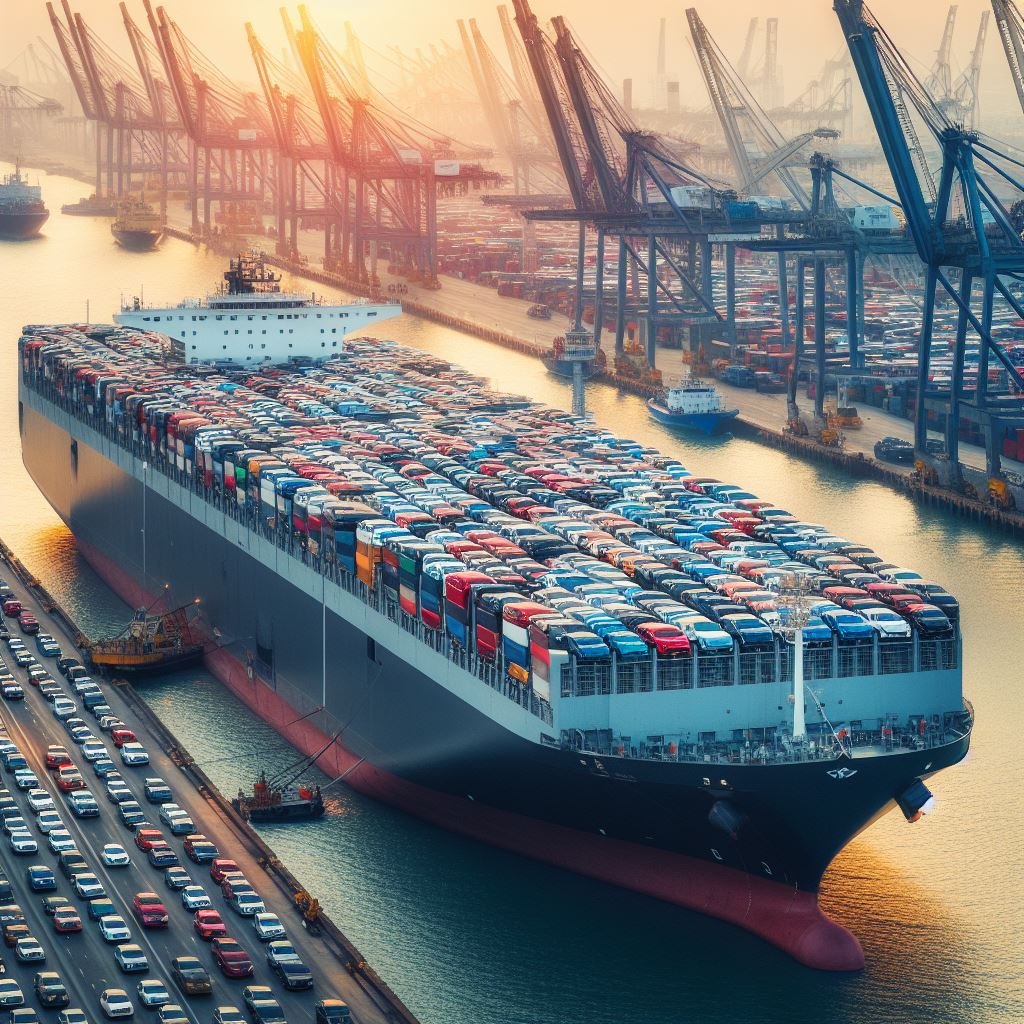Event planners may feel stressed or even overwhelmed by creating a successful event. You can ensure that your event is a success with proper planning. Simple actions made ahead of time can have a large impact on improving your event operations.
1. Offering a Charter Service for Guests to Use for Transportation
A charter service offers a customized trip for a select group of passengers. It’s flexible enough to meet any group’s specific requirements, including in terms of location and schedule. Charter services may offer everything from huge buses to smaller luxury autos, depending on the size of the gathering.
Using a charter service ensures that everyone in the group can ride together in a single car, streamlining the event’s logistics. In addition, several charter services supply refreshments, snacks, and Wi-Fi to ensure that passengers have a pleasant and relaxing experience.
2. Utilize Mobile Apps
Mobile technology allows event planners to give participants a more interactive and time-saving experience.
An event app makes it easy for attendees to find their way around and view pertinent information like the schedule and venue map. They can buy tickets and get instant notifications of any schedule changes. Mobile apps can improve the event experience for participants and save time for organizers.
An app can help event planners track vital indicators in real time, like the number of attendees and the location of the most popular attractions. You can also utilize this information to pinpoint bottlenecks or overcrowded places where you can improve.
3. Streamline Communication
Effective communication guarantees that everyone on the team works toward the same goals and contributes to the event’s overall success. Employing technologies like project management programs, messaging apps, and other channels is vital.
There will be less room for misunderstanding and missteps if employees and stakeholders can work together and communicate clearly.
The first step toward openness in event preparation is to streamline interactions. It also promotes open team communication by ensuring people aren’t afraid to ask for help or air grievances. Problems that arise can be dealt with quickly and efficiently if people communicate.
4. Create an Emergency Plan
Prepare for contingencies by outlining specific steps to take in an emergency. Medical emergencies, fires, and natural catastrophes are only some potential situations that you should consider in the plan.
It’s also essential to have a strategy for alternate meeting places, evacuation routes, and emergency communication. Regular revisions to the plan are necessary to keep everyone on the same page in case of an emergency.
5. Optimize the Venue
Choosing a convenient site with all the necessary facilities for the event is the key in making the most of the venue. The site should be convenient in terms of proximity to public transportation, parking, and other services.
The venue should also have enough space for all the guests and any extra furniture or supplies that could be required. Lighting, sound systems, and other technical aids should all be in good condition.
6. Track Performance
You can monitor an event’s success in several ways, including surveys and interviews with participants, data gathered through event registrations and ticket sales, and other means.
You can pinpoint any issues with the event’s catering, seating arrangements, or logistics with the help of collected performance data. Taking care of these concerns will help event organizers run a smooth show and leave attendees with a good impression.



